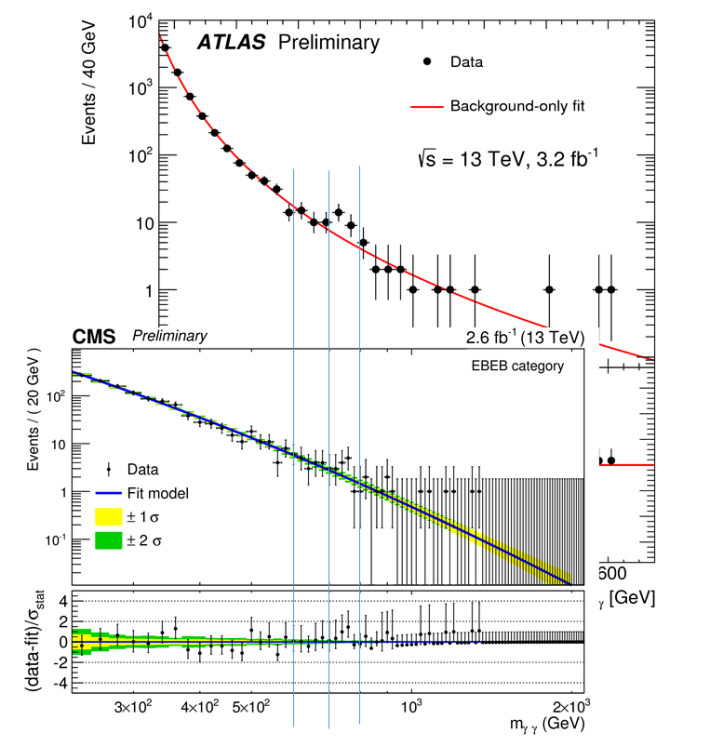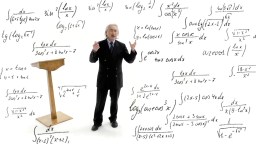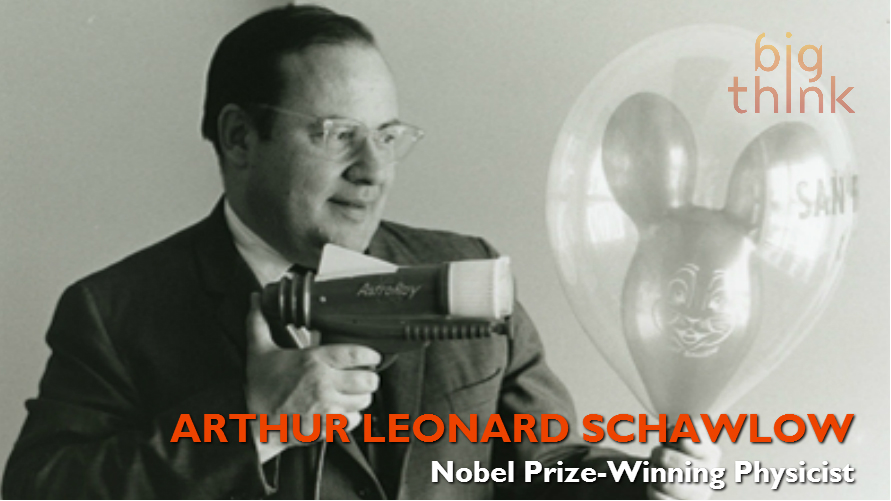If it proves true, it could heal the rift between quantum mechanics and the theory of relativity.
Search Results
You searched for: michio kaku
Spontaneous talk on surprise topics. Philosopher of mind Peter Godfrey-Smith on octopus consciousness, free will, and an extinct sea-worm he’d like to resurrect.
Artificial intelligence (AI) is not nearly as smart as we want it to be. Because we are not nearly as smart as we want to be.
Libertarian transhumanist Zoltan Istvan is running for Governor of California in 2018 and, among other things, he wants to conquer aging and death for all!
It seems inevitable that there will be a Mars colony, but the path there won’t be easy. There are two key challenges ahead that will push innovation.
YOU get a poster, and YOU get a poster, and YOU get a poster!
Michio Kaku suggests that we lack to evolutionary pressure these days to keep evolving in any significant way.
Michio Kaku tells the story of one super-scary mistake in physics and reminds us how hard it is to get science right.
The Kardashev Scale measures the advancement of cosmic societies.
SETI researchers have found a major radio telescope signal and are trying to nail down where it’s from.
You are already a cyborg! Here’s 10 ways you could merge even more with technology in the coming decade.
Dreams might be a whole lot sexier than we thought – but not because of their narrative content. Neurologist Patrick McNamara’s theory links the biological changes in our brains during sleep to human’s inherent desire to procreate.
In Netflix’s “Stranger Things” characters enter a parallel dimension. Could this actually happen?
Michio Kaku reminds us that with wonderful new technologies come not-so-wonderful unexpected uses for them.
Google’s DeepMind and the Future of Humanity Institute are trying to find a way for human operators to stay in control if artificial intelligence starts acting out.
A small animal shuts down CERN’s Large Hadron Collider, the world’s largest scientific instrument, right before an experiment to detect new particles.
It’s the ‘nightmare scenario’ for some. But for Sabine Hossenfelder, it might be a dream come true. This article was authored by Sabine Hossenfelder. Sabine is a theoretical physicist specialized in […]
Any normal person with a smartphone would take a picture of an aurora and post it on social media, which is what led Elizabeth MacDonald and Nathan Case to found the Aurorasaurus website. Since scientists can’t be everywhere at all times to spot these auroras, they rely on social media to do it for them.
Scientists don’t always use normal words when explaining their research to the public. Here’s a quick and easy to guide to understanding those words for people who aren’t scientists.
Let’s change the market by controlling the market.
Professor Michio Kaku delivers a glimpse of where science will take us in the next hundred years, as warp drives, teleportation, and time travel converge with our scientific understanding.
What if we could find one single equation that explains every force in the universe? Professor Michio Kaku explores how physics could potentially shrink the science of the big bang into an equation as small as E=mc².
▸
42 min
—
with
“To do successful research, you don’t need to know everything; you just need to know one thing that isn’t known.”
Scientists are keeping their eyes on social media in order to track and map the appearance of auroras.
Scientists come up empty-handed in their search for a “supercivilization,” but researchers remain hopeful.
Science and all of society benefit from an informed and knowledgeable public, yet not enough academics are recognized by scientific bodies for their contributions to popular writing.
Scientists running the world’s biggest physics experiment will soon begin trials that will test for the presence of alternate universes existing in different dimensions of hyperspace.
Classical theology begins with the premise that God is infinite, but how can humans possibly have knowledge of God when infinity is, by definition, beyond the bounds of human imagination?
Global Population Boom: Are People the Problem, the Solution, or Both? Professor Joel Cohen first asks and answers the question, “How did humans grow from small populations on the African […]




























